A statue head, thought to be that of the goddess Hygieia, was found in the Ancient City of Laodicea in Turkey's Denizli province. Pamukkale University Archeology Department Head Prof. Dr. Celal Şimşek said that efforts are continuing to find the body of the head statue.
Turkish archaeologists unearth statue head of Hygieia, the ancient Greek goddess of health
Archaeologists discovered a 2100-year-old statue head attributed to Hygieia, also known as the goddess of health, in southwestern Türkiye’s ancient city of Laodikeia.
Archaeologists discovered numerous 2,100-year-old statue fragments, including a statue head attributed to the Hygieia Goddess, while excavating the West Theater's stage building in the ancient Laodikeia city of Denizli province.
Hygieia is known as the daughter of Asklepios, the ancient god of medicine.
Celal Simsek, head of the excavation team, told Anadolu that while the statue head has been discovered, efforts are underway to locate the remaining parts.
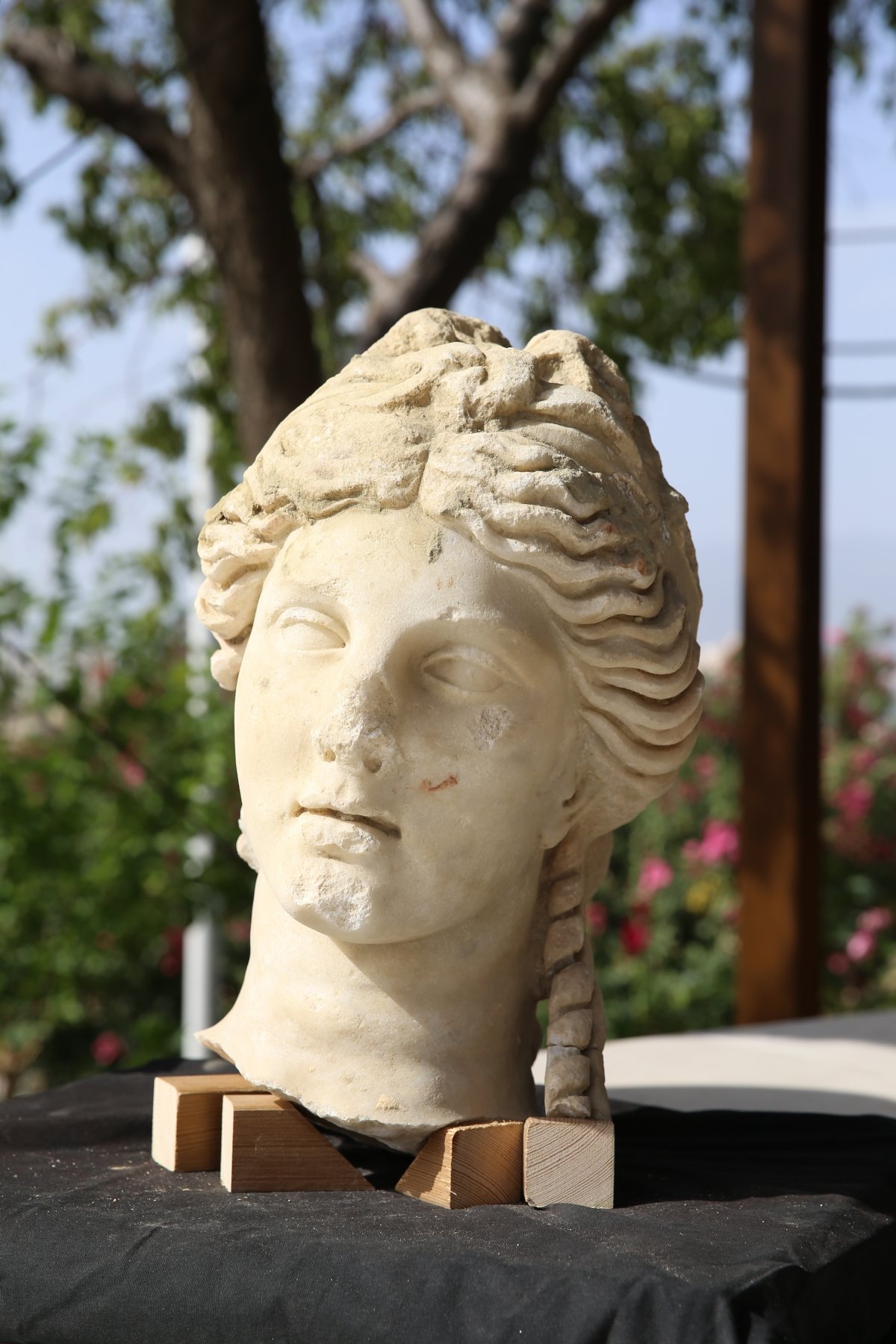
There is information from multiple sources indicating the existence of a medical school in Laodikeia and its vicinity, Simsek said, stressing that the statute head backs these claims.
Pointing out that the statue head is estimated to be around 2,100 years old, he said: "We already knew from ancient sources how important medicine was in this region, especially with significant doctors. I hope that in the near future, the lower part of the statue will also be found."
"Finding the head of the goddess of health, Hygieia, here supports the notion of medical activities, which truly excites us as an excavation team."
Meanwhile, Simsek shared some photos of the discovery on X, saying, "Goddess Hygieia meeting the sun and us after 2100 years in Laodikeia."
“Laodikeia was the most famous and influential city in the 1st century B.C. The remains of the city are dated from this era. The Romans made the city the center of Kybira's conventus (Golhisar-Horzum) because of its geographical location, Turkish Culture and Tourism Ministry said in a separate statement.
* Writing by Seda Sevencan

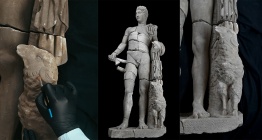


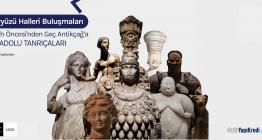

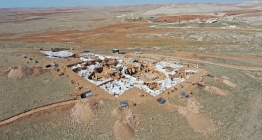
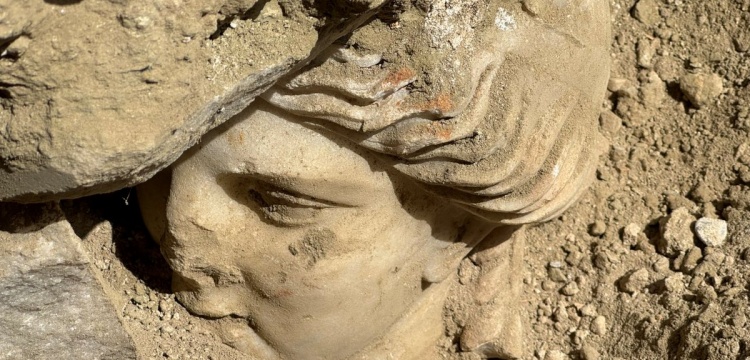
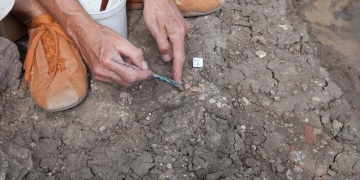 Yüzey Araştırması ve Türk-İslam Dönemi Arkeoloji Kazılarına TTK Desteği Başvuruları başladı
Yüzey Araştırması ve Türk-İslam Dönemi Arkeoloji Kazılarına TTK Desteği Başvuruları başladı  Bulgaristan geleneksel festivalleriyle ve bayramlarıyla dikkati çekiyor
Bulgaristan geleneksel festivalleriyle ve bayramlarıyla dikkati çekiyor  Türkiye'deki tescilli mağaralarda 30 memeli türü ve endemik canlılar keşfedildi
Türkiye'deki tescilli mağaralarda 30 memeli türü ve endemik canlılar keşfedildi 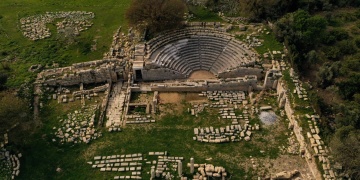 Teos Antik Kenti'ndeki Dionysos Tapınağı'nda kazı ve restorasyon çalışmaları devam ediyor
Teos Antik Kenti'ndeki Dionysos Tapınağı'nda kazı ve restorasyon çalışmaları devam ediyor 




